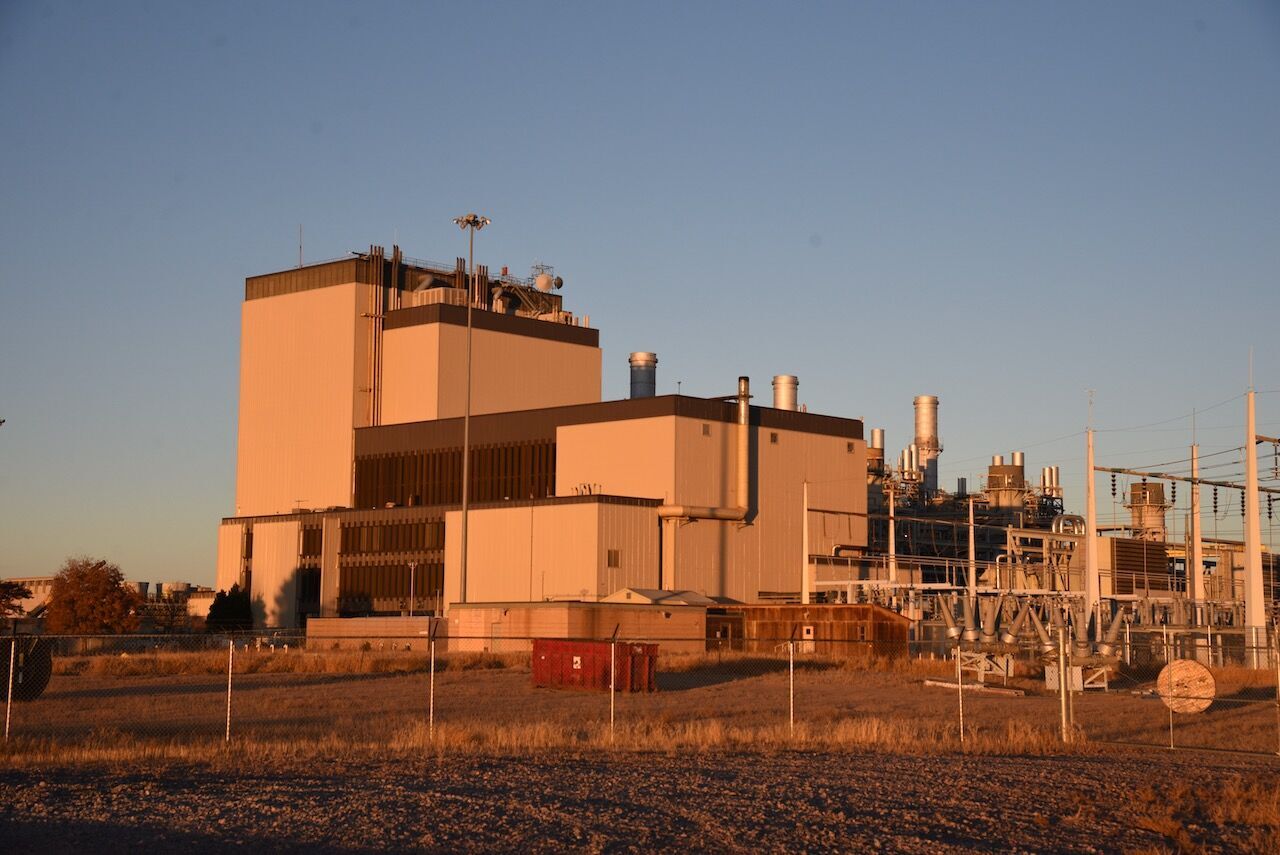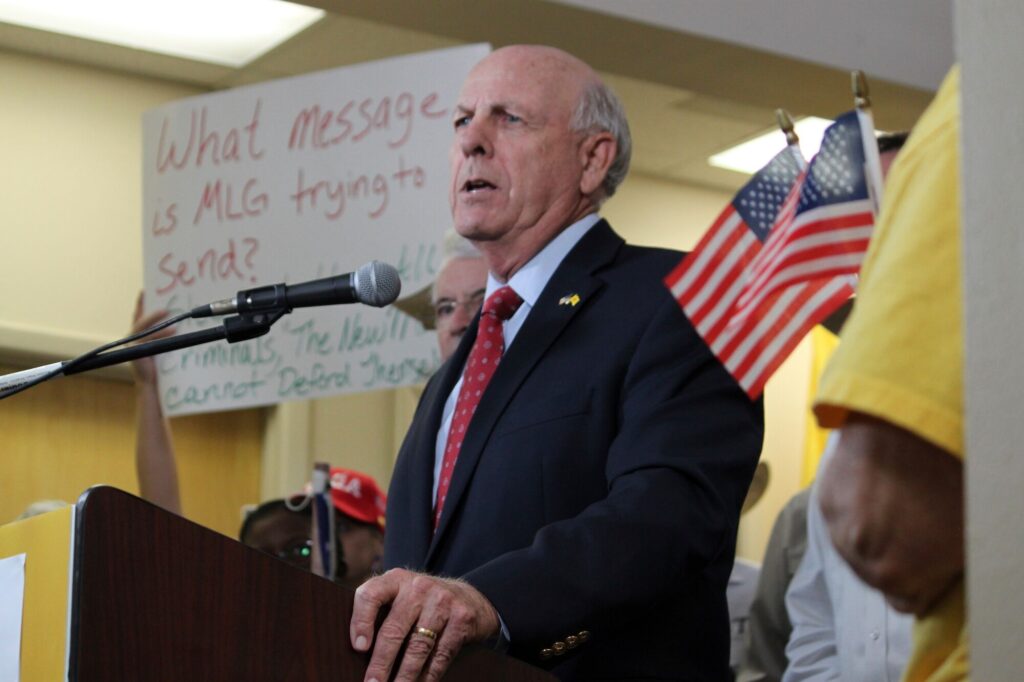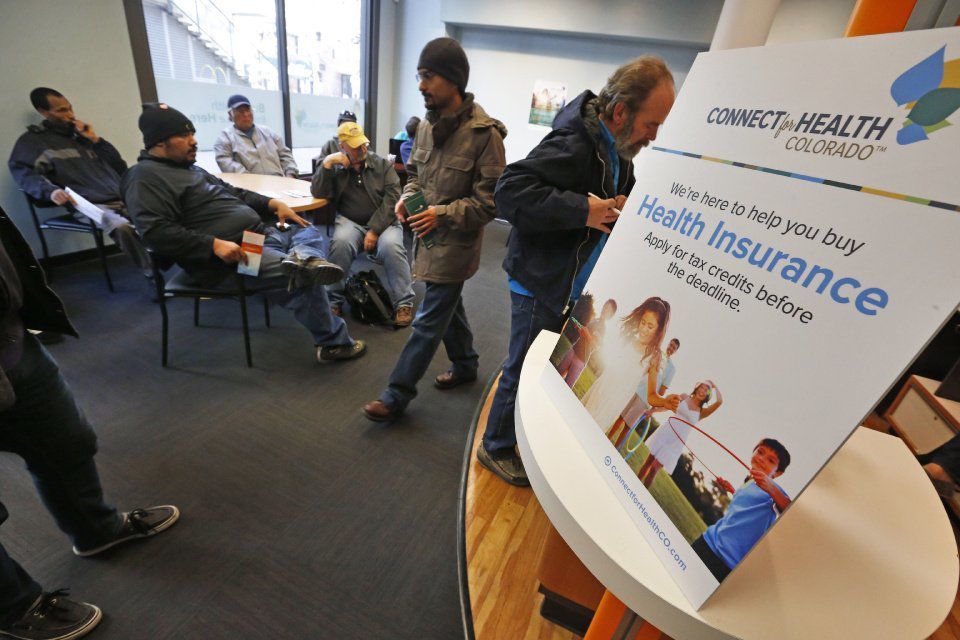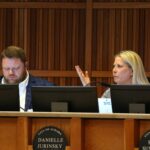Residents want Denver building code to be greener, more electric focused

Denver voters are a half-step closer to determining the future of the former Park Hill Golf Course land.
The city’s Land Use, Transportation and Infrastructure Committee Tuesday sent a resolution to city council that authorizes the city to put the question of whether the land should stay open space or be cleared to allow development on a future ballot.
Because of ordinance 301, the city cannot lift the conservation easement on its own – Denverites must vote on it. That measure was approved in 2021.
Governor’s office touts Colorado’s lower unemployment, higher job growth
The Park Hill Golf course land, at 4141 E. 35th Ave., was purchased by Westside Investment Partners in 2019. Since then, propositions for its redevelopment have gone through multiple iterations, though Westside has settled on a plan with a 100 acre park and 55 acres of mixed-use residential and retail. Plans also include a grocery store, which should help alleviate the food desert in the North Park Hill neighborhood, the developers have said.
A public hearing in front of City Council and final vote is scheduled for Jan. 23.
Other committee business included approving a change to the Denver municipal code and adopting the 2022 Denver building code, fire code and green code. Proposed changes included requiring builders to use “greener” materials like “low volatile organic compounds” to improve indoor air quality. They also included potential incentives for homeowners to electrify home heating
Some of the proposed changes to the municipal code brought 15 minutes of public comment. Many supported the measures, though others wanted to see an amendment requiring new homes move away from natural gas heating entirely.
Denver approves redevelopment plans for Park Hill Golf Course
“We have to continue the equitable transition to good affordable housing that is pollution free, and this starts with the phase out of gas in new construction,” Megan Hebling, a district 10 resident, said. “The enormous cost of maintaining the cities gas infrastructure is already driving up costs for working families.”
Hebling also highlighted the increased risk of air pollution lower income and communities of color face. She added the Environmental Protection Agency said Denver and the Northern Front Range are in severe violation of air quality standards.
This is true. In April, the EPA declared the Front Range a “severe” air pollution violator. According to the American Lung Association, the Denver/Aurora metro area had the 7th most “high ozone days” in the country.
Some key changes to the Denver Residential Code include:
- New requirements for low volatile organic compounds (paint, carpet, etc) for improved indoor air quality.
- Clarification on what is and is not a “complete independent dwelling unit.”
- Other changes dealing with ensuring fire safety.
A full list of changes to the code may be viewed online at denvergov.org.
Anne Kramer advocated going all electric due to cost savings. Kramer said it is often cheaper to build an all electric home, saving $800 in building costs and $300 annually.
Denver city council takes stand against antisemitism
“Electric homes are simply better,” she said. “They are more efficient, resulting in lower energy bills, they provide more comfort, they have healthier indoor air quality and they’re cleaner and better for the environment.”
The Denver Gazette was unable to confirm whether all-electric homes are cheaper to operate. Many sources indicated operating an electrically heated home was more expensive than natural gas, but it was unclear whether this took into account recent rises in natural gas pricing.
Regardless, the code changes were forwarded to city council and will be reviewed and passed during the next regularly scheduled session Jan. 3.
Given that Denver is in the midst of “the most wonderful time of the year,” approval of these items will have to wait until 2023.














